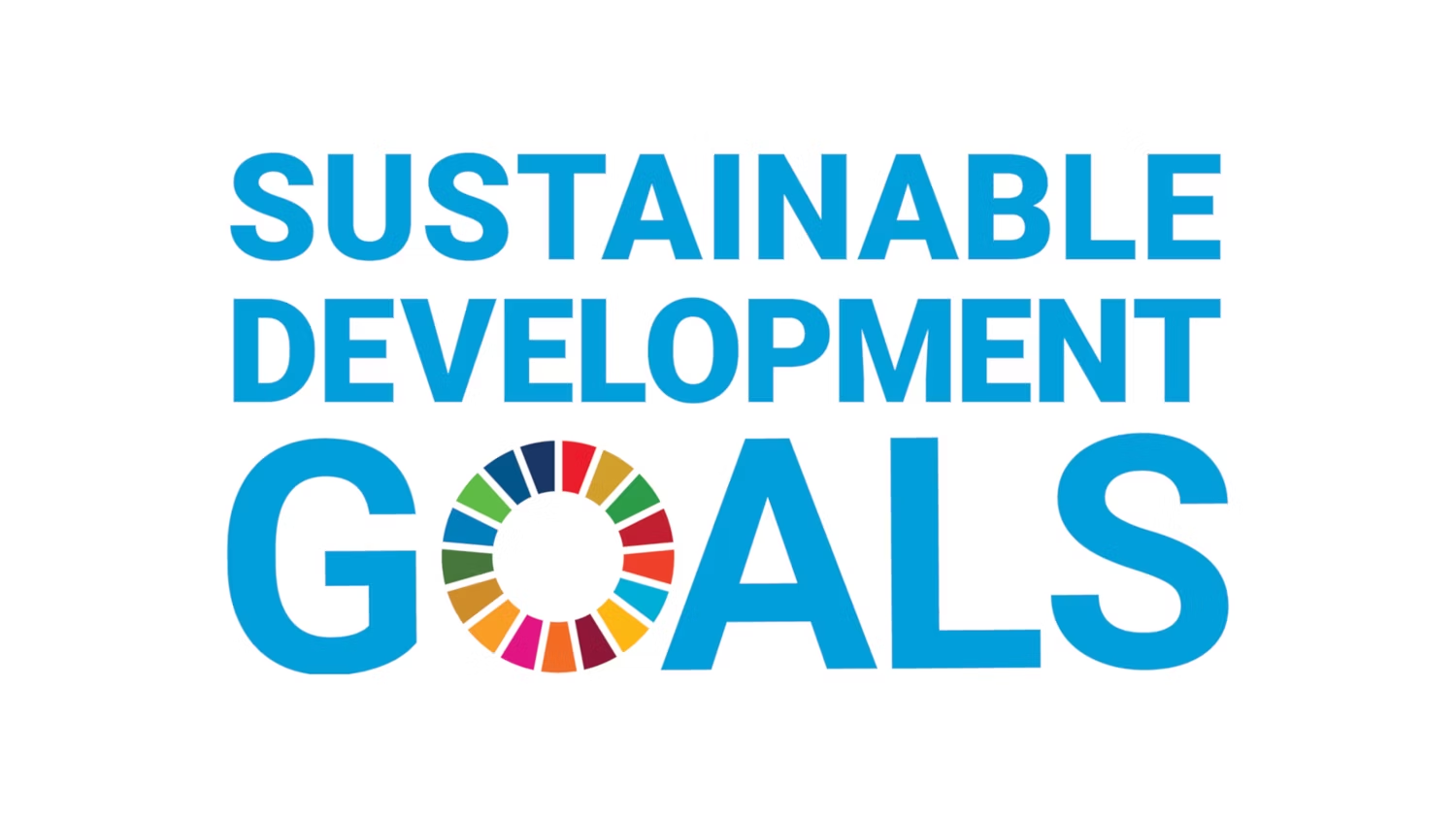
SDGs in Teaching & Research
At Kimyo International University in Tashkent, the United Nations Sustainable Development Goals (SDGs) are being increasingly integrated into the university's educational programs and scientific research. This alignment helps prepare students to tackle global challenges while positioning the university as a contributor to sustainable development at both national and international levels.
🎓 Teaching
Faculty members are encouraged to map their courses to relevant SDGs, identifying how their content contributes to global problem-solving. This process helps ensure that students gain the transversal and technical skills needed to address environmental, economic, and social challenges.
Why align teaching with the SDGs?
- To highlight how academic disciplines contribute to sustainable development
- To support the formation of globally responsible graduates
- To create a structured, searchable SDG-aligned course database for transparency and rankings
🔬 Research
Researchers at Kimyo International University have begun to associate their scientific outputs with relevant SDGs when publishing and archiving work. This approach helps the university:
- Identify which SDGs are most supported by its research
- Recognize gaps and new opportunities for interdisciplinary research
- Build a knowledge database for use in funding, policymaking, and collaboration
- Participate more effectively in global thematic rankings and innovation metrics
Impact Monitoring
To ensure accountability and continuous improvement, Kimyo International University in Tashkent implements a structured approach to impact monitoring for its sustainability initiatives and infrastructure upgrades. Monitoring activities are designed to measure both the environmental outcomes and the institutional benefits resulting from the implementation of projects such as the filtered water tap station.
Key monitoring components include:
- Water Consumption Metrics: Regular tracking of filtered water usage to evaluate reduction in single-use plastic bottles and promote responsible consumption.
- Energy Performance: Periodic assessment of energy savings related to installed equipment (e.g., solar panels, LED systems, optimized heating).
- User Feedback: Surveys and observations among students and staff to gauge satisfaction, accessibility, and behavioral change.
- Maintenance Logs: Ongoing documentation of service intervals, filter replacements, and system performance to ensure efficiency and reliability.
- Reporting and Transparency: Integration of findings into annual sustainability reports and communication with stakeholders, including students, partners, and UNAI.
Through this monitoring framework, the university aims to quantify the positive impact of its actions, support data-driven decision-making, and align with international best practices in sustainability reporting.